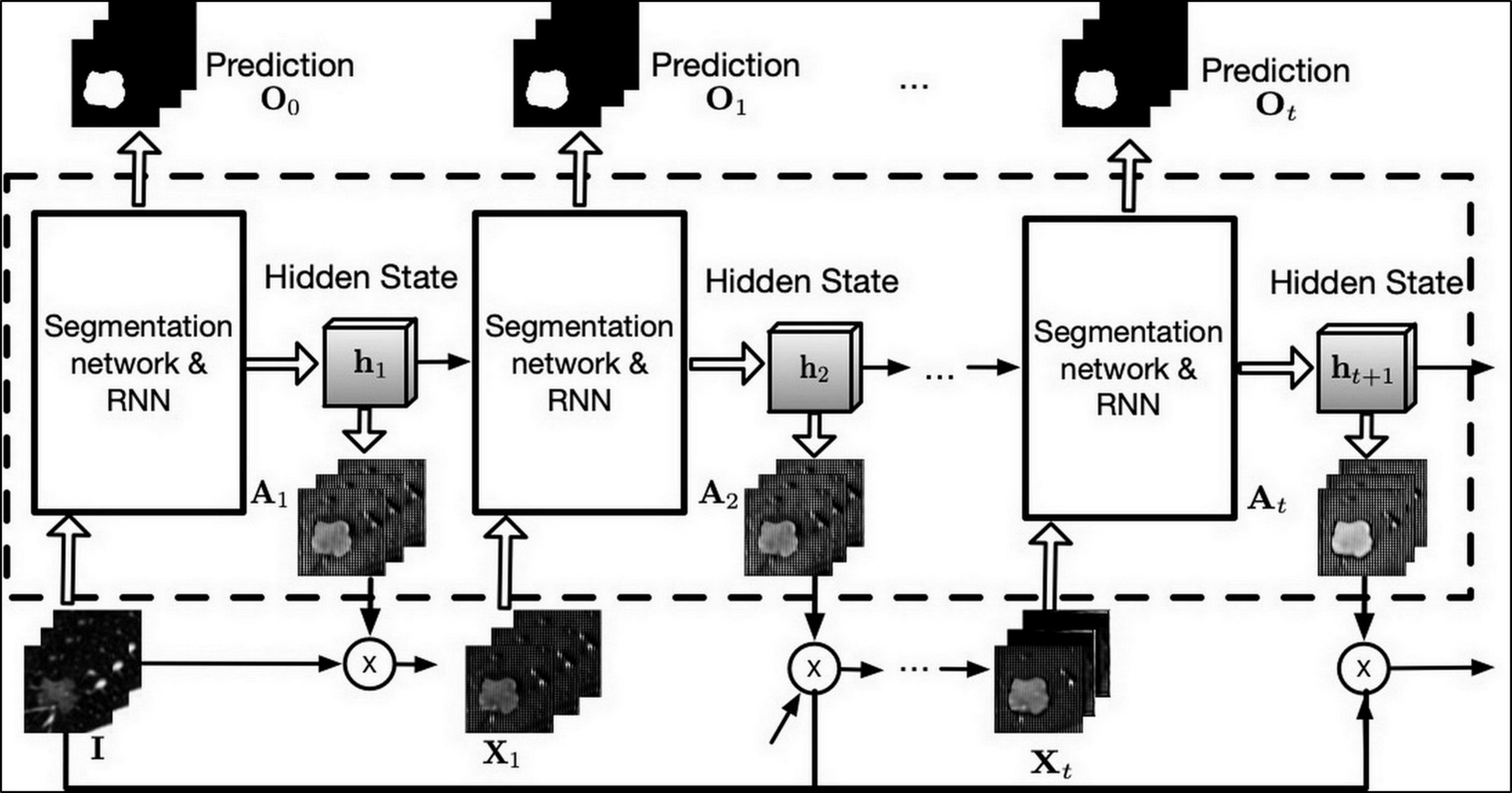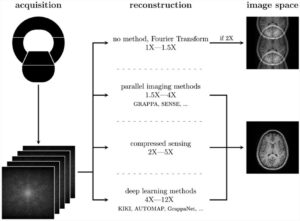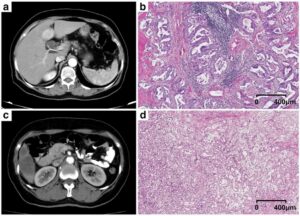The aim of this study was to investigate the natural history of pulmonary pure ground-glass nodules (pGGNs) with deep learning (DL)-assisted nodule segmentation. The authors concluded that DL can assist in accurately explaining the natural history of pGGNs and that pGGNs with a lobulated sign and larger initial diameter, volume, and mass are more likely to grow.
Key points
- The pure ground-glass nodule (pGGN) segmentation accuracy of the Dr. Wise system based on convolution neural networks (CNNs) was 96.5% (573/594).
- The median volume doubling time (VDT) of 52 pure ground-glass nodules (pGGNs) having grown was 1448 days (range, 339–8640 days), and their median mass doubling time (MDT) was 1332 days (range, 290–38,912 days). The mean time to growth in volume was 854 ± 675 days (range, 116–2856 days).
- The 12-month, 24.7-month, and 60.8-month cumulative percentages of pGGN growth were 10%, 25.5%, and 51.1%, respectively, and they significantly differed among the initial diameter, volume, and mass subgroups (all p values < 0.001). The growth pattern of pure ground-glass nodules may conform to exponential model.
Authors: Lin-Lin Qi, Bo-Tong Wu, Wei Tang, Li-Na Zhou, Yao Huang, Shi-Jun Zhao, Li Liu, Meng Li, Li Zhang, Shi-Chao Feng, Dong-Hui Hou, Zhen Zhou, Xiu-Li Li, Yi-Zhou Wang, Ning Wu, Jian-Wei Wang













